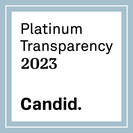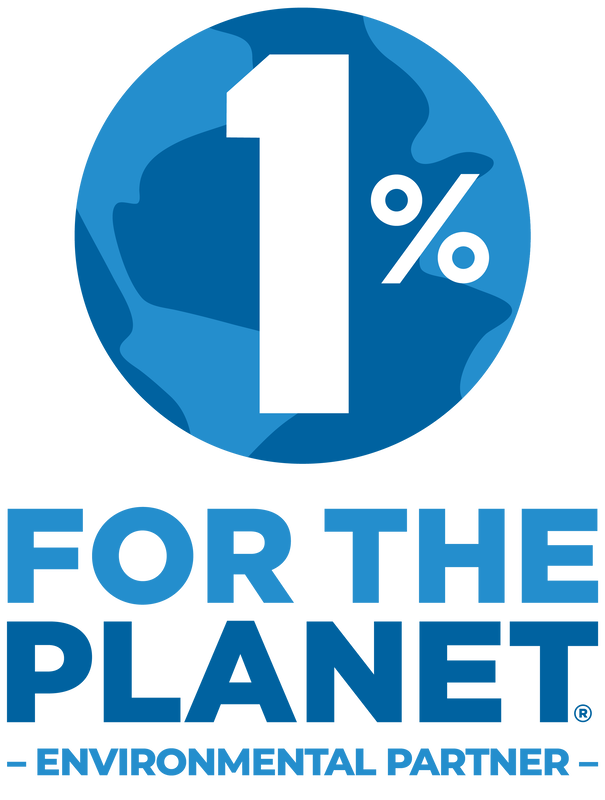|
By Beatrix Berry Students at Marin School of Environmental Leadership are taking their environmental knowledge and passion outside of the classroom and into the community. Throughout the summer several MarinSEL students partnered with Citizens’ Climate Lobby (CCL) to engage the youth community through a Youth Action Team, and they are continuing their work into this school year.
In the past few months, twelve students representing five schools joined the CCL Youth Action Team. Organized by MarinSEL student Harita Kalvai, this team met regularly at Panera Bread every other Saturday morning throughout the summer. During this time, students worked with CCL on a documentary spotlighting underrepresented communities in the face of the climate crisis. They had the opportunity to work with several filmmakers throughout California and are continuing to develop the script for the film. In the coming months, they will interview people in Paradise, California who were devastatingly impacted by the Camp Fire in 2018.
0 Comments
By Hernán Gallo Cornejo How do we engage all Californians in climate action while also preparing the next generation of sustainability leaders? This is the key question the California Climate Action Corps program seeks to address. SEI is implementing the California Climate Action Corps program alongside Bay Area Community Resources (BACR), as part of California’s comprehensive strategy to address the climate crisis. California Volunteers, Office of the Governor, created this state-level climate service corps to catalyze meaningful climate action in California communities. As part of this effort, we provided climate career training to over 200 Fellows across the state this summer. SEI Staff kicks off the training series with an orientation in June 2021 We harnessed the power and expertise of SEI’s Climate Corps fellowship program (launching sustainability careers since 2010) to provide summer Fellows with the tools to tackle real climate challenges, including food recovery, home hardening for wildfires, and urban greening. Once a week Fellows logged on to virtual training sessions that explored equity, climate careers, resilience, and networking.
Emerging professionals need to engage in meaningful hands-on work, but can also greatly benefit from additional investment in preparing them for careers that are truly transformative and create sustainable change. Confronting climate change requires “green” skills, including sustainability research, education, and environmental remediation. For these reasons, we felt it was imperative to provide in-depth training and skill development to the 200+ participants in the program. By Alexis Fineman Between fires, floods, and droughts, more and more people of all ages are waking up to the climate crisis. One common question that people young and old are asking themselves is, “What can I do?!” While there is no shortage of meaningful ways to engage in climate and sustainability work, for many people, and younger folks in particular, the answer to that question is just two words: green jobs.
With its mission to build leaders for a resilient world, SEI has long been focused on providing students the knowledge and skills necessary to enter the sustainability workforce with confidence and a sense of purpose. Compiling several decades of industry leadership in green careers readiness, SEI is now launching its first-ever Career Connections Toolkit, a one-stop shop for educators, counselors, and emerging professionals. The Career Connections Toolkit provides tools for job seekers interested in green careers. The toolkit will guide you through the early stages of a job search, starting with an exploration of sustainability professions and moving through applying for jobs and networking. It also includes an introduction to industry certifications. Access SEI’s Career Connections Toolkit here. By Tyler Valdes & TTriss Williams Renard For over 10 years, the School of Environmental Leadership (SEL), a program of SEI, has built strong, innovative leaders who are empowered to creatively and critically analyze issues and formulate plans of action. In the spring of 2020, as growing research has demonstrated the extensive health benefits that result from exposure to outdoor environments, Marin County Parks announced the continuance of its community grant program called “Breathe/Respira!” which seeks to provide the means to help the local community have access to parks. The title symbolizes the ability of outdoor recreation and connection with nature to reduce stress and improve health with the Spanish translation of “breathe”, respira, included to underscore the importance of making parks available to all Marin communities regardless of language or cultural background. Upholding strong values of equity and inclusion, SEL was successfully awarded a grant to support equitable access to parks for underserved communities - a project that would be spearheaded by SEL students.
Under the guidance of SEI staff and the Marin Environmental Forum, 10th grade students in SEI’s flagship SEL - Marin School of Environmental Leadership (MarinSEL) - coordinated a year-long Leadership and Environmental Action Development (LEAD) project that brought students at Laurel Dell Elementary School to local green spaces. LEAD projects, a key component of SEL, are equity-forward, community-based environmental action projects that focus on policy change. While the original project design culminated in a field day for K-8 students and their families in Marin County parks, the challenge of COVID-19 restrictions called for solutions driven by creativity, a 21st century skill fostered through SEL. SEI is spotlighting our amazing Climate Corps Fellows who have been working to protect our climate through a wide range of sustainability initiatives. This week we are highlighting Billie Hervas, Education and Training Fellow at the The Energy Coalition.
By Anne-Christine Strugnell When Chloe Ney graduated from UCLA in 2019 with a BA in geography and environmental studies, she was eager to get started on a career in sustainable urban planning. “Conservation of open space is hugely important,” she says. “By making urban spaces more appealing, sustainable, and better for our physical and mental health, we can reduce the tendency to sprawl and enhance the synergy between nature and the built environment.” But Chloe found no entry-level opportunities: all the jobs in her preferred field required experience, and despite having completed an internship, she couldn’t get a foot in the door. One of her friends had participated in SEI’s Climate Corps program and urged Chloe to check it out. When she went to the SEI website, one opportunity jumped out for her: a Fellowship with Los Angeles Community College District (LACCD) to promote on-campus energy conservation. LACCD has the most aggressive and comprehensive sustainability goals in the California community college system: 100% renewable electricity by 2030 and 100% carbon free by 2040. “I grew up in LA, and it’s a special place for me,” Chloe says. “And a college campus is a perfect place for an urban planner to get a start, because campuses are like mini cities.” She applied and was selected for the position. Chloe and her supervisor Aris Hovasapian, Utility Program Manager at LACCD Pivoting to professional achievement
Just six weeks after Chloe started her Fellowship at LACCD, the office went virtual in response to the pandemic. All the in-person outreach activities she had planned were cancelled. Now what? SEI is spotlighting our amazing Climate Corps Fellows who have been working to protect our climate through a wide range of sustainability initiatives. This week’s Fellow spotlight is Benjamin Bravo, Preserve Resources Manager at Sonoma State University Center for Environmental Inquiry.
By Hernan Gallo-Cornejo SEI is spotlighting the incredible and inspiring sustainability leaders who serve on our board through a series of interviews. In this story, we are shining the spotlight on Bruce Riordan, Program Director for the Climate Readiness Institute and Director for the Bay Area Climate Adaptation Network.
Mr. Riordan is the Co-Founder and past Chair of the Alliance of Regional Collaboratives for Climate Adaptation (ARCCA) that coordinates climate adaptation leaders from San Diego, Los Angeles, the Bay Area, Sacramento, and the Sierra. He was recently appointed by the Governor’s Office of Planning and Research to their statewide Advisory Committee on climate resilience under SB 246. Mr. Riordan has also consulted on climate change strategies for BART, Next 10, the Marin Community Foundation, the Metropolitan Transportation Commission, the Bay Area Quality Management District, and other Bay Area organizations.
Why do you serve on SEI’s board? SEI is doing great work that must be done on energy and climate issues. The board is a very interesting group of people from different parts of the energy and climate world. SEI is spotlighting our amazing Climate Corps Fellows who have been working to protect our climate through a wide range of sustainability initiatives. This week we are highlighting Noah Cordoba, Energy Efficiency and Building Electrification Fellow at East Bay Community Energy.
By Fernando Gil In spring 2021, SEI hosted a virtual Energy Challenge, giving students a fun opportunity to learn about energy conservation, help spread awareness about energy use and climate change, and win scholarships to support their future college and career goals. In partnership with Whitehorse School in the Navajo Nation, Swinerton Renewable Energy, and Heart of America, SEI made this programming available to students fully offline, as 80% of students there do not have access to the Internet at home. This meant creating alternatives for all the online aspects of the original challenge, including educational resources and ways for students to share their work. The transition was a success as Whitehorse seniors were able to engage with content and launch creative energy conservation campaigns including presentations, poems, and infographics. Energy Conservation Poem by Xavier Martin Energy Campaign Reflection by Diana Whitehair
|
Get In TouchDo you know an environmental leader who should be featured in a story? Reach out to marketing@seiinc.org. Categories
All
Archives
November 2023
|
Get Involved
|
Contact Us
|
SEI HeadquartersStates where we work:Arizona
California Colorado Indiana Maryland New Mexico New York New Jersey North Carolina Oregon Washington Virginia |
ConnectSubscribe to the SEI quarterly newsletter to get involved and receive updates
|
SEI is a 501(c)3 nonprofit organization.

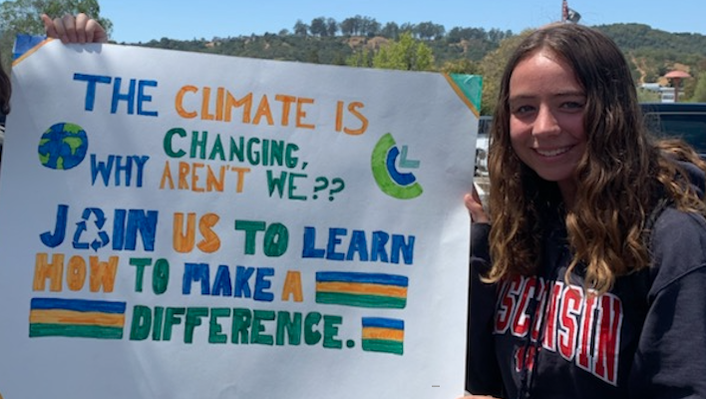
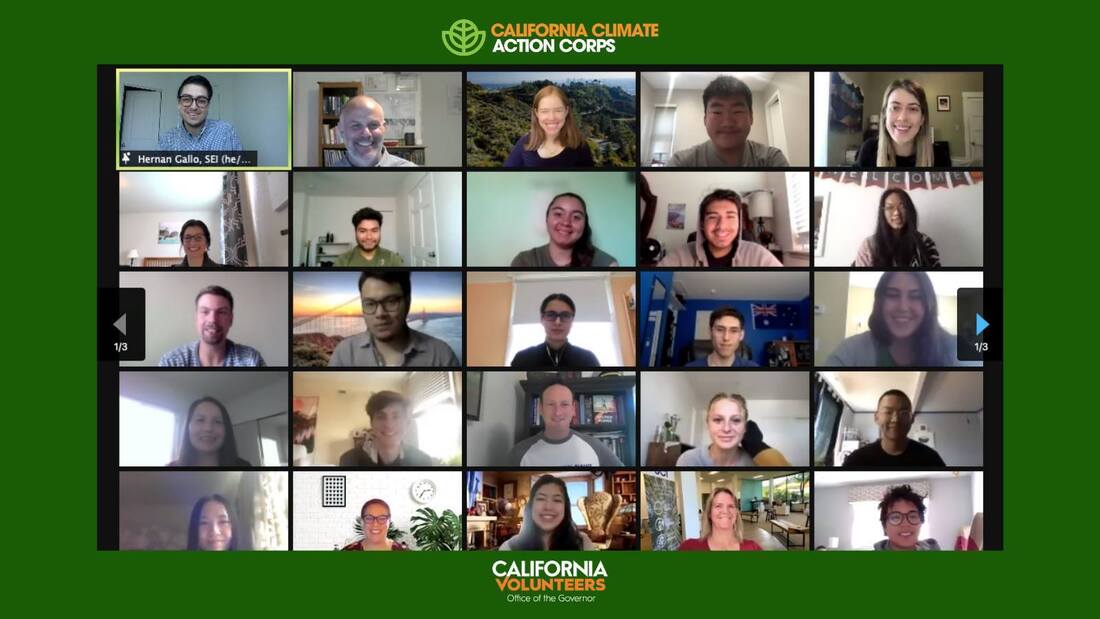
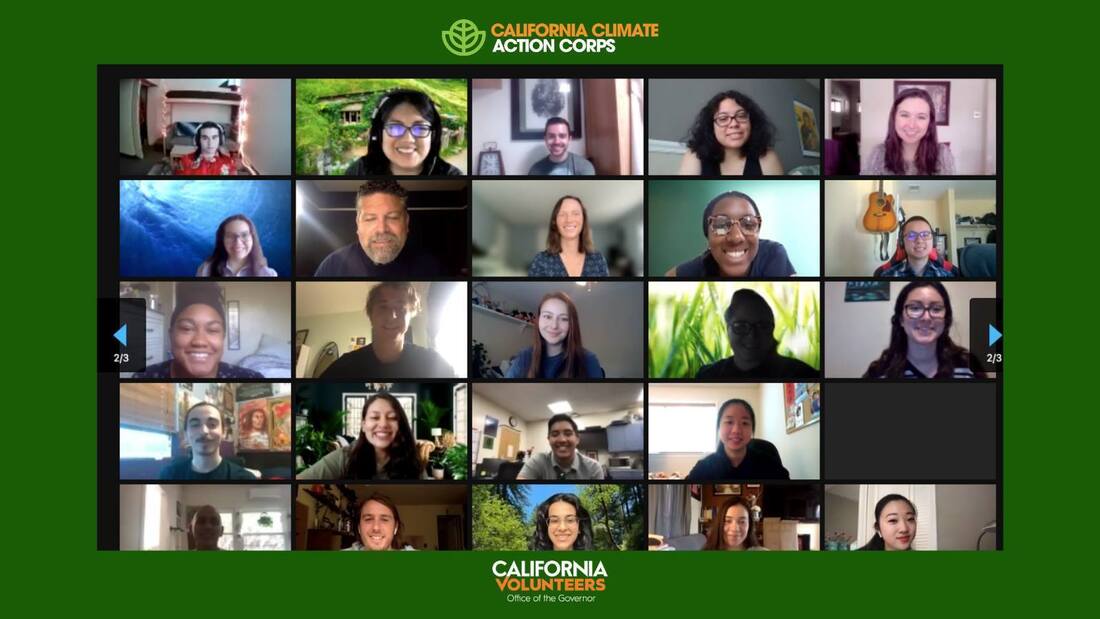
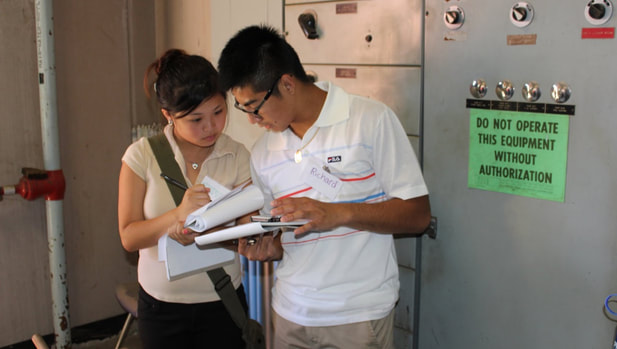
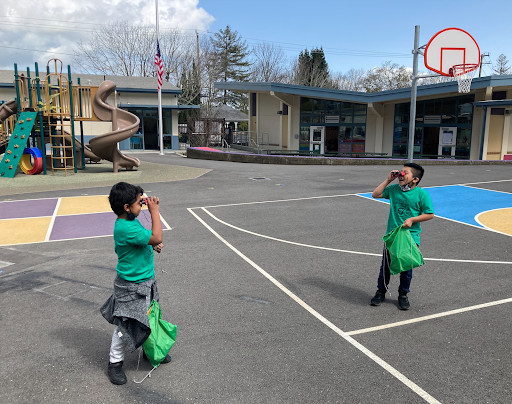
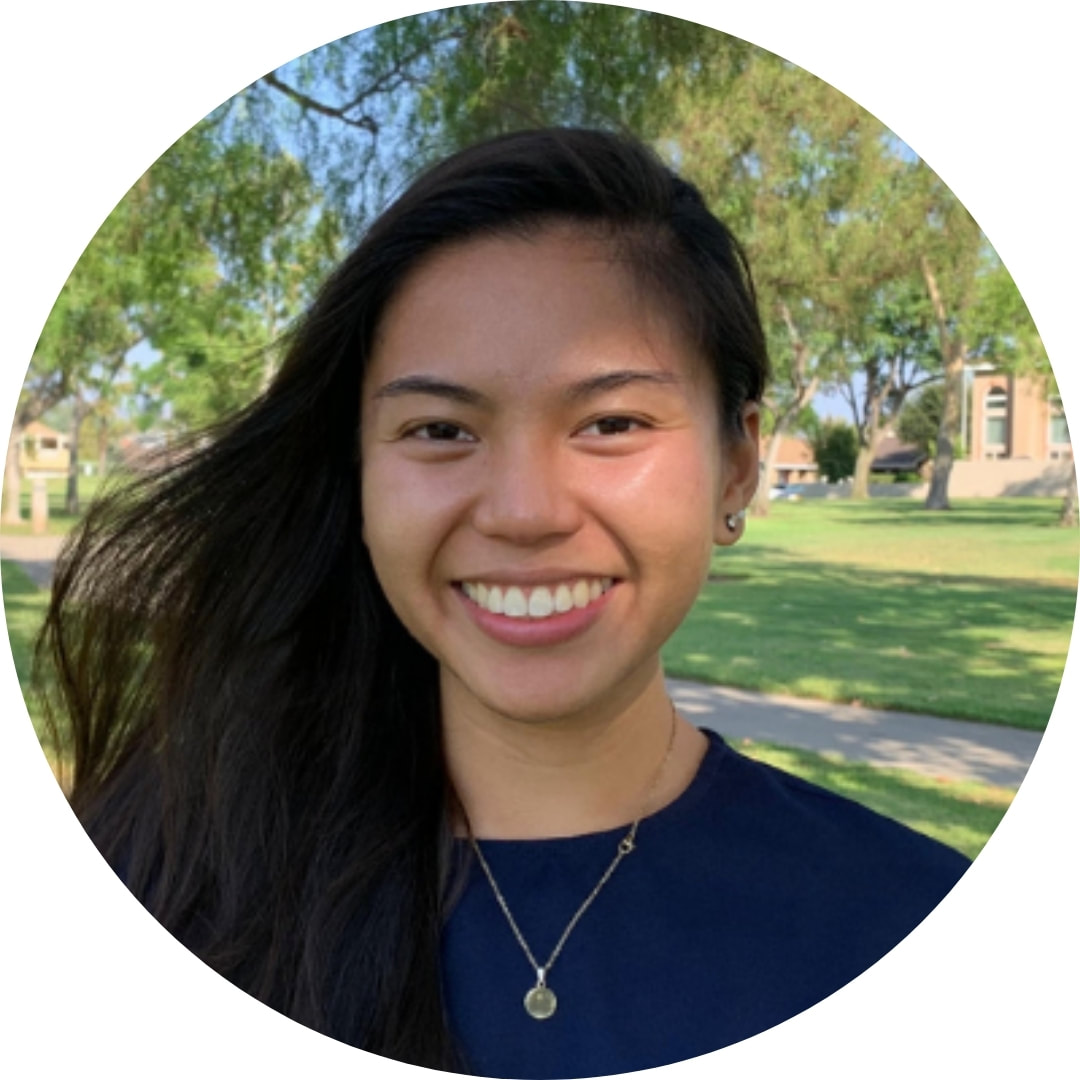
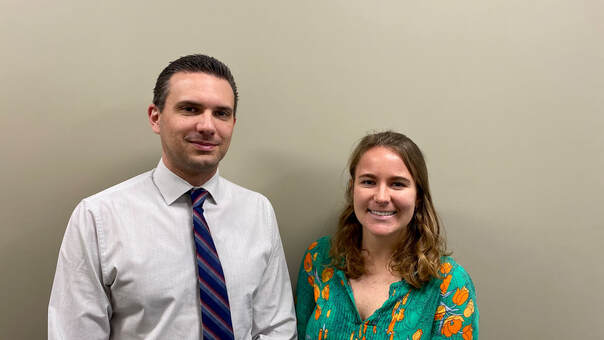
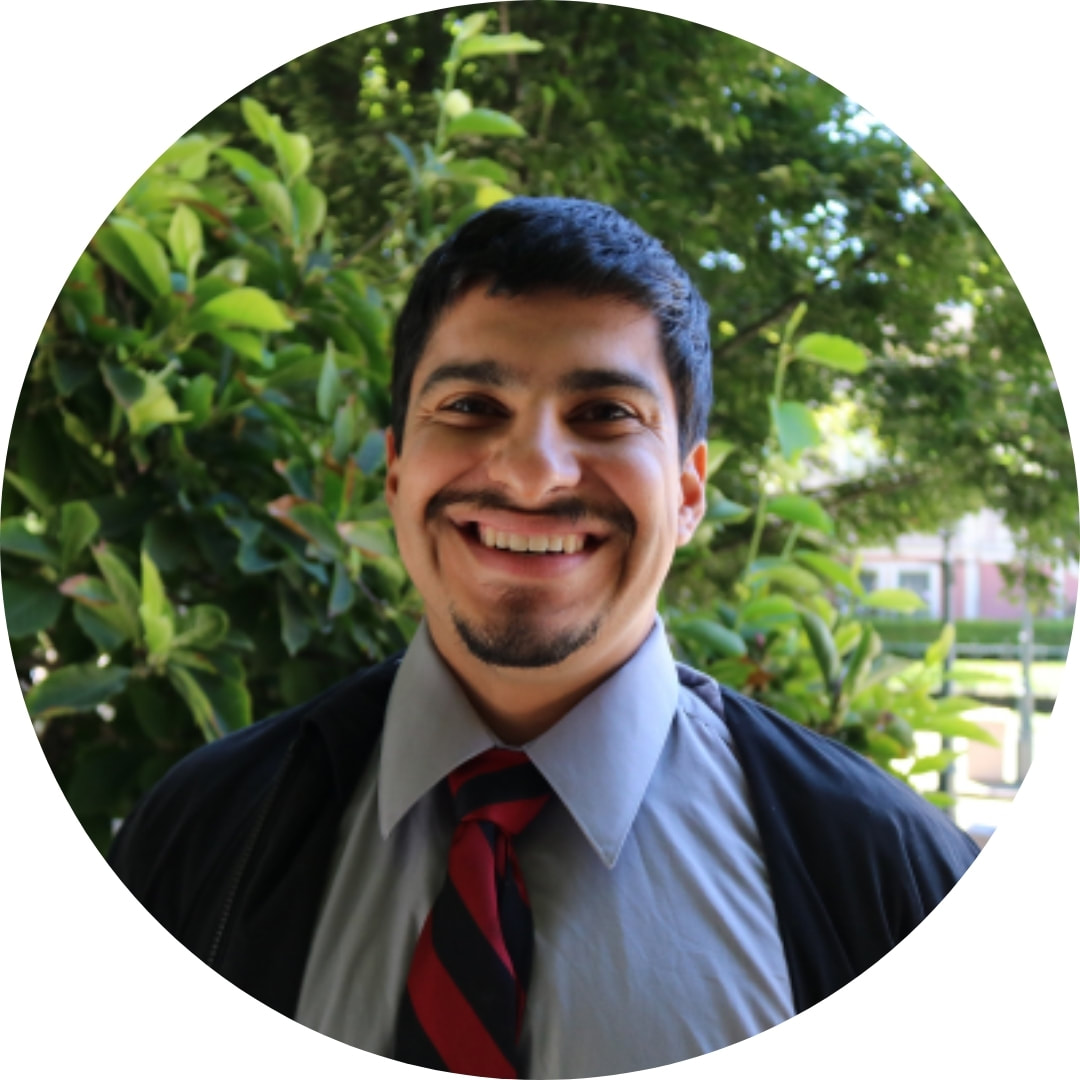
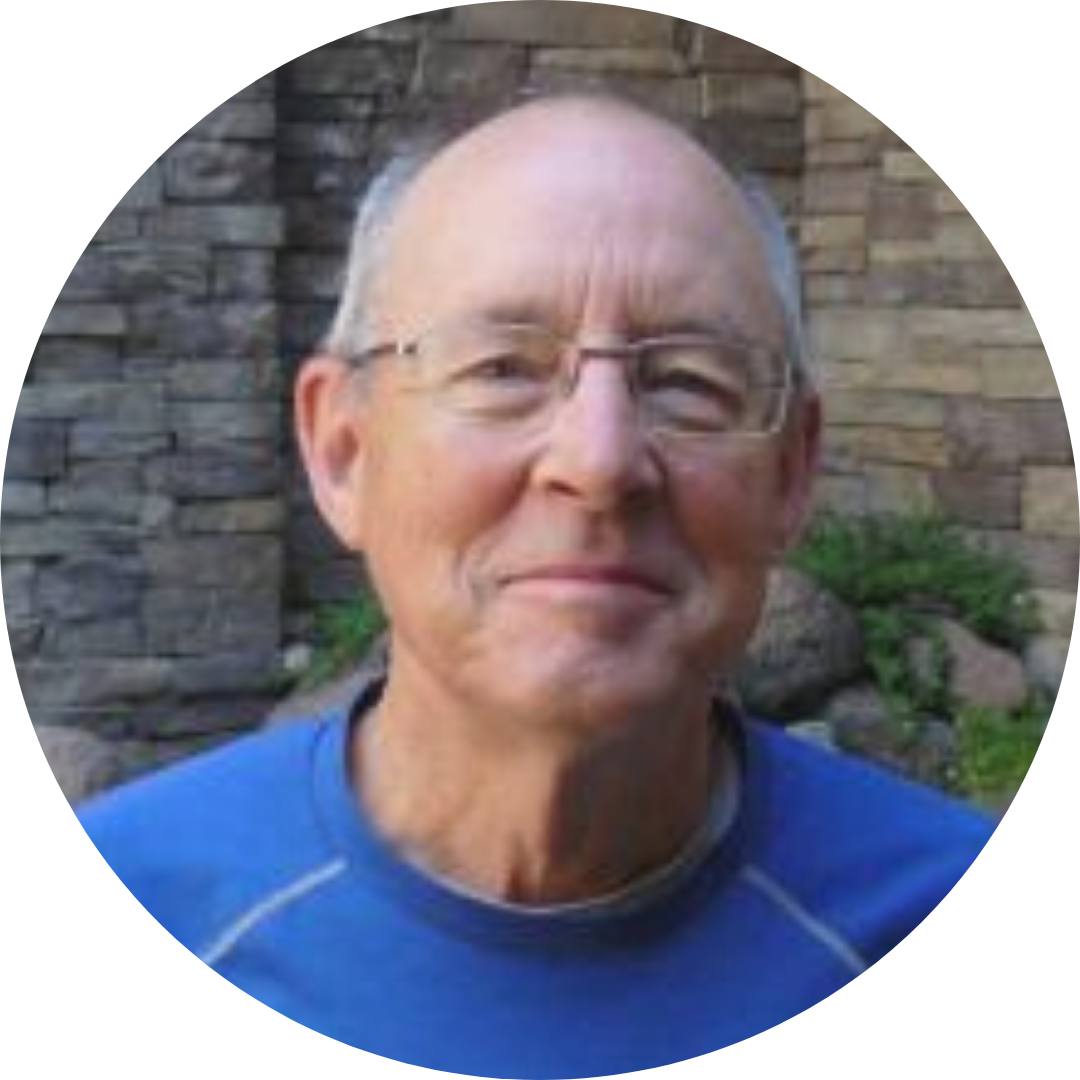
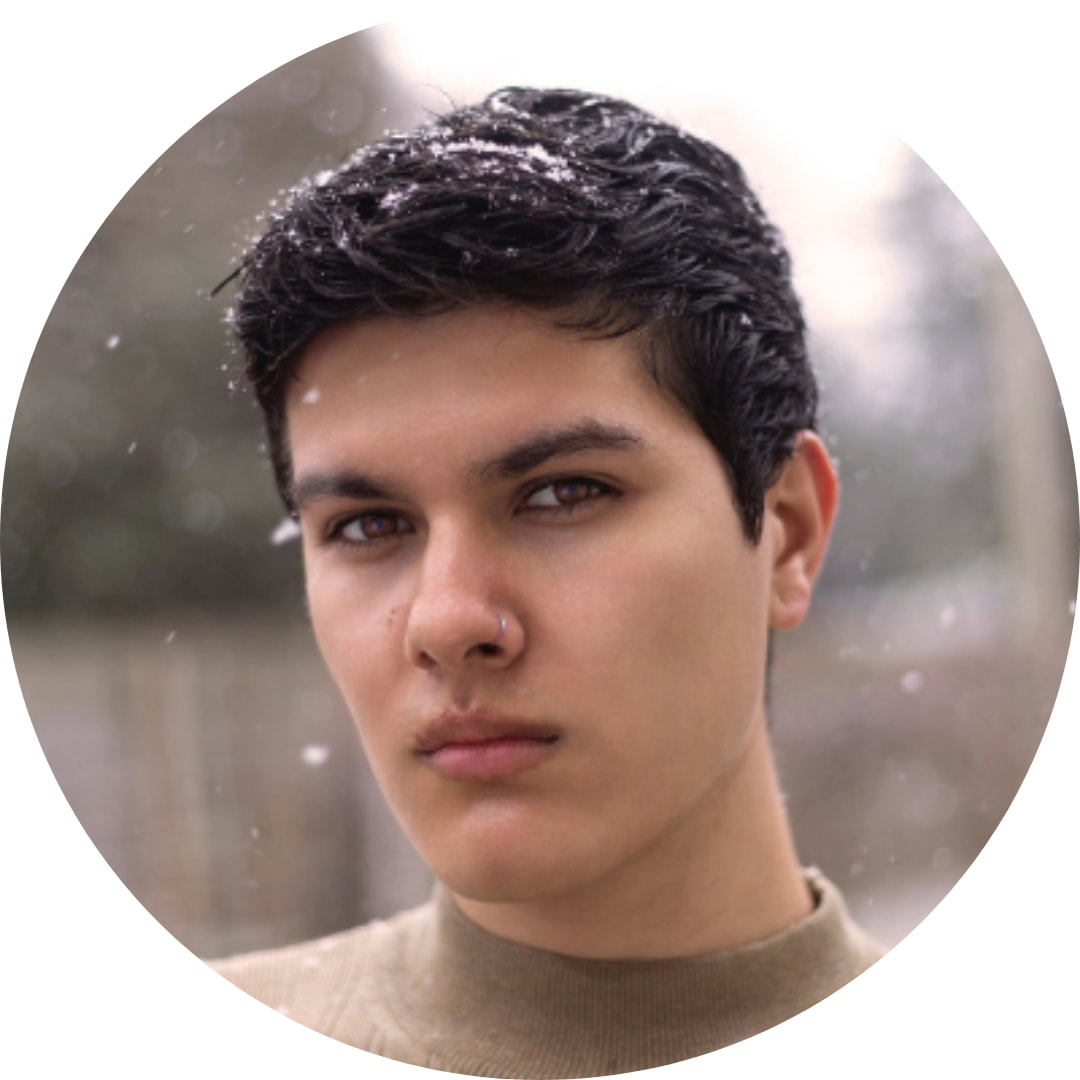
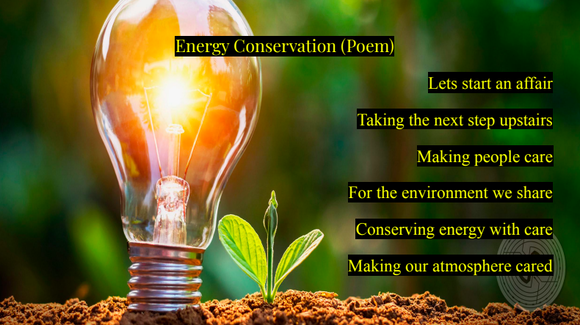
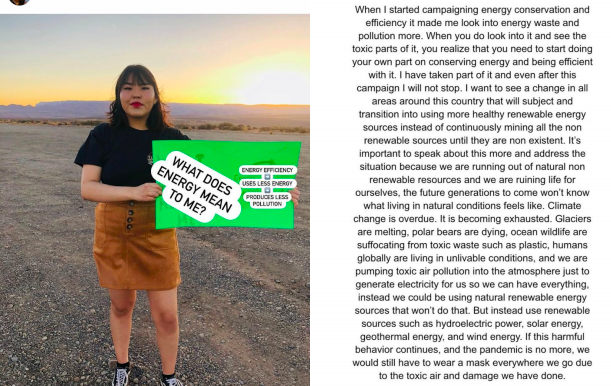
 RSS Feed
RSS Feed
